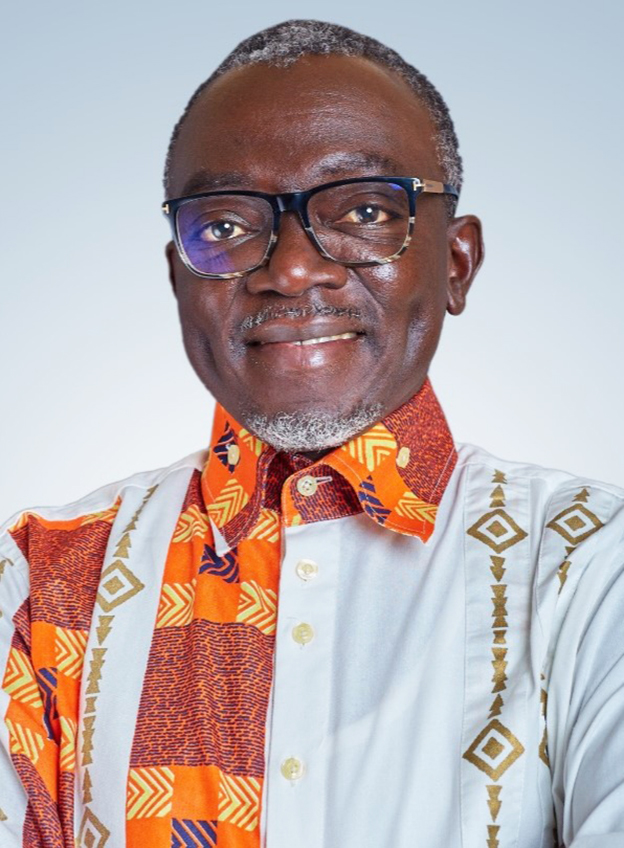They left home to serve, and never came back home.
- In moments like these, words feel fragile. Yet silence would be a disservice to the memory of those who have fallen. We reflect today, soberly and sincerely on the lives lost in the line of national duty. These were not just professionals executing roles. They were individuals: fathers, mothers, brothers, sisters, friends; people who left home to serve, and never returned. They died not in protest or defiance, but in the quiet pursuit of purpose.
- To serve and not return, such is the harsh truth that public duty sometimes demands.
- Their passing is a sobering reminder of the unpredictability of life and the often unseen sacrifices made by those who labour in service to the nation. Too often, the burdens they carry are only acknowledged when tragedy strikes. Yet, each day, thousands continue to serve; quietly, faithfully, and without fanfare.
- The cloak of service is rarely glamorous. It is stitched with sacrifice, worn with dignity, and too often buried in silence.
- This moment must move us beyond ceremonial grief. It must provoke national introspection.
- How do we treat those who serve?
- How do we honour sacrifice, not only in death, but in life?
- How do we ensure that service does not come at the cost of safety, and that duty is met with dignity?
- To the bereaved families: your loss is a national loss. The grief you bear today is a weight we all must carry. We may never fully understand the depth of your pain, but we stand with you, humbly, and with heartfelt gratitude for the sacrifice your loved ones made.
- To the rest of us: let this not be a passing headline or a fleeting moment of sympathy. Let it be a turning point. A moment that reminds us of the human cost of service, and the shared responsibility we bear to value, protect, and honour those who give of themselves for the public good.
- A nation that remembers its fallen only in ceremony but not in reform risks repeating its silence.
- May their souls rest in peace.
May their service inspire meaningful change. And may their memory become a mirror, reminding us of who we are, what we truly value, and what we must do better.
By Professor Douglas Boateng
The views expressed in this article are the author’s own and do not necessarily reflect The Chronicle’s stance.









